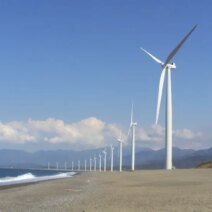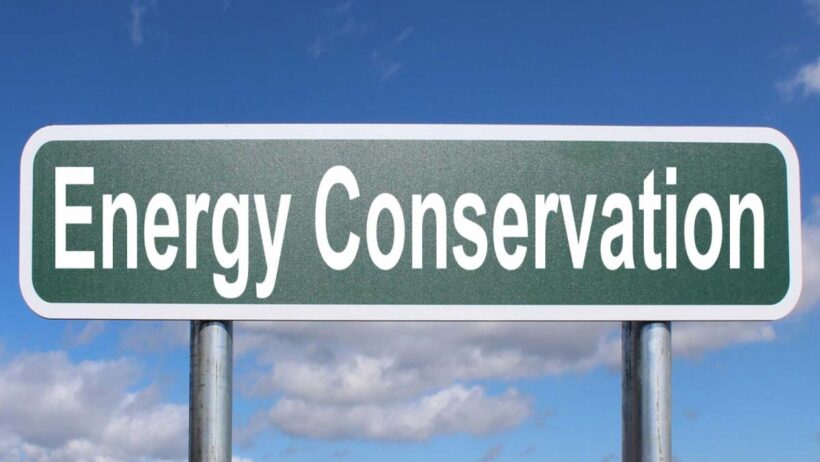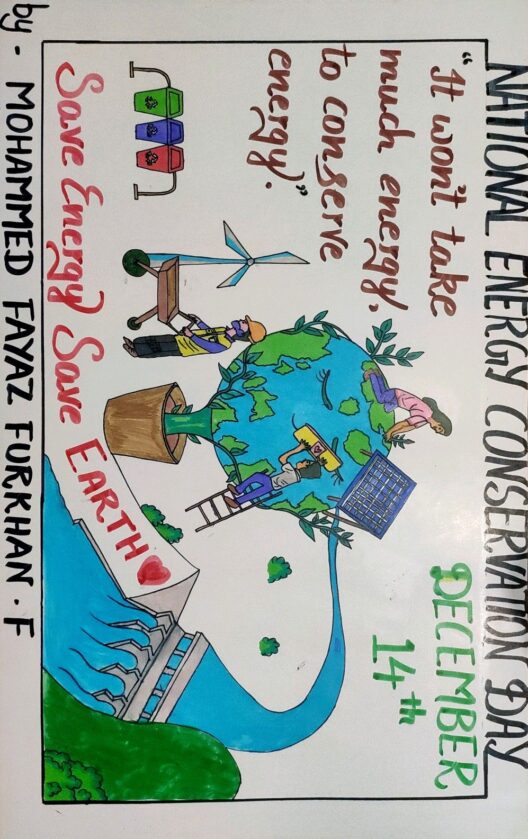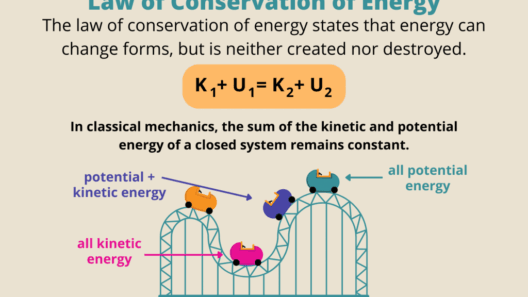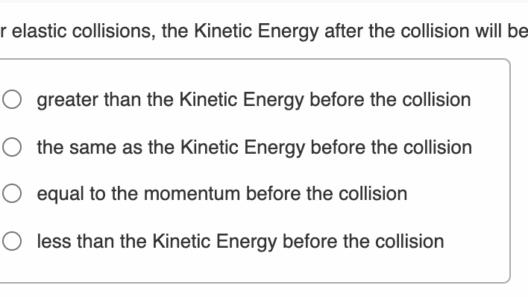Climate change is an issue that impacts every one of us, regardless of where we live. It’s a concern that seems overwhelming, isn’t it? But have you ever wondered how your daily actions, like conserving energy, could be a game-changer in this critical fight? Imagine this: you have the power to influence climate change with simple habits. Are you ready to accept the challenge of becoming a more energy-aware individual?
To understand the implications of energy conservation, it’s essential to first grasp the connection between energy consumption and greenhouse gas emissions. Energy is at the heart of modern life—our homes, vehicles, and electronic devices all rely on it. However, much of the energy we use is derived from fossil fuels, such as coal, oil, and natural gas. These resources, when burned for energy, emit carbon dioxide (CO2) and other greenhouse gases into the atmosphere. The accumulation of these gases traps heat and leads to global warming, which is a significant driver of climate change.
So, how does conserving energy play a role in mitigating this global crisis? When we reduce our energy consumption, we directly decrease the demand for fossil fuels. This reduction translates into less CO2 being emitted into the atmosphere. Furthermore, embracing energy-efficient technologies can enhance this effect exponentially. For instance, replacing incandescent light bulbs with LED bulbs can lower energy use dramatically. In the grand scheme, when millions of households switch to energy-efficient products, the impact on emissions can be significant.
Let’s delve deeper into some practical strategies for conserving energy. One of the most effective methods is to improve energy efficiency in our homes. This can be achieved through better insulation, which helps maintain comfortable temperatures without excessive heating or cooling. Installing programmable thermostats allows homeowners to optimize their energy use throughout the day, ensuring that energy is not wasted when we are not around.
In addition to home improvements, our transportation choices significantly affect energy conservation. Cars and trucks are major contributors to energy use, and consequently, greenhouse gas emissions. Opting for public transportation, carpooling, biking, or walking when possible can considerably reduce personal energy usage. Furthermore, considering electric or hybrid vehicles can provide an additional layer of efficiency, paving the way for a cleaner future. Would you dare take the plunge and explore alternative transportation—perhaps your next commute? Think about the energy you could save!
Energy conservation also intertwines with behavioral changes. Simple acts like turning off lights when not in use, unplugging devices that draw phantom power, and being mindful of water consumption can collectively yield tremendous benefits. Behavioral inertia is powerful; however, once individuals commit to making these minor adjustments, they often find themselves adopting a more sustainable lifestyle organically.
To illustrate, let’s consider the potential benefits of a community-wide energy conservation initiative. Communities adopting collective energy-saving measures—through educational public campaigns or neighborhood competitions—can inspire collective action. Imagine a friendly rivalry between neighborhoods to achieve the highest energy reduction. Not only does this foster a sense of community, but it also enhances awareness about climate change and individual contributions.
Thus far, we have explored individual actions, yet we cannot overlook the critical role of larger systems and policies in promoting energy conservation. Governments and organizations play a pivotal role by implementing regulations that incentivize energy efficiency. For instance, tax rebates for energy-efficient appliances or stringent building codes can create a significant shift toward reduced energy consumption. Imagine a world where policy makers and citizens team up in a mutual quest for sustainability. This synergy could accelerate our transition to a greener future.
Energy conservation also cultivates resilience against inevitable climatic challenges. As severe weather events become more frequent due to climate change—a consequence of rising global temperatures—communities that practice energy efficiency may better withstand these difficulties. Reduced energy dependence can lead to enhanced local economies and improved public health, showcasing that the benefits of energy conservation extend far beyond individual actions.
However, the journey toward energy conservation is not without challenges. Resistance to change is often palpable, predominantly owing to the ingrained habits and lifestyles people have established over the years. Yet, it is essential to reframe this perspective: instead of viewing these changes as sacrifices, they can be framed as opportunities to discover new, innovative lifestyles that align with sustainable practices. Could your next home renovation project incorporate design elements that promote energy efficiency, creating a sanctuary for both you and the environment?
Ultimately, conserving energy is a vital component of combating climate change, and it begins with personal commitment. The challenge extends beyond individual actions; it’s a collective effort that requires collaboration across communities, industries, and governments. Embracing energy-efficient practices doesn’t just improve individual lives; it reverberates through our society with the potential to foster a healthier planet.
In conclusion, conserving energy serves as a formidable ally in the battle against climate change. It’s an achievable goal that can yield substantial benefits for the environment and society as a whole. Imagine being part of a movement that not only reduces emissions but also transforms lives—one energy-efficient action at a time. Are you ready to take the plunge and embrace energy conservation as part of your lifestyle? Let’s rise to the challenge and make a difference together.


